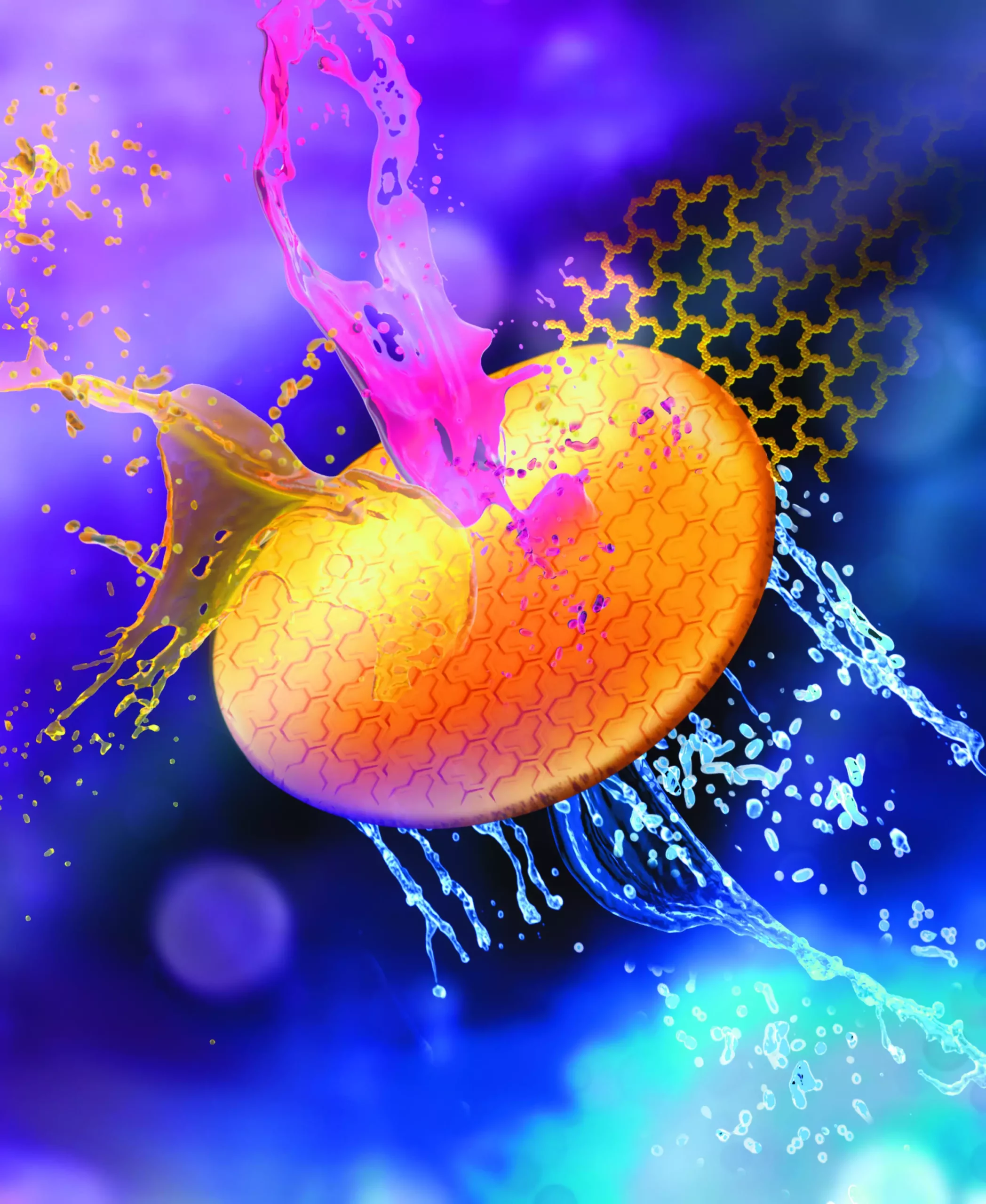In a critical moment for global water security, researchers from NYU Abu Dhabi (NYUAD) have made remarkable strides in water purification technology. Their development centers around an innovative approach to synthesizing covalent organic framework (COF) membranes using microwave technology. This technique stands out not only due to its speed—taking mere minutes to create—but also for its effectiveness in cleaning contaminated water, which is increasingly vital in our world facing water scarcity challenges.
The new COF membranes showcase a dual-faced design that incorporates both superhydrophilic and near-hydrophobic surfaces. This unique construction facilitates the efficient elimination of various pollutants, such as oils and dyes, from wastewater. The dual functionality fosters an improved filtration process, enhancing the membranes’ antibacterial properties, a crucial element for ensuring their prolonged effectiveness and usability. This groundbreaking innovation exemplifies the confluence of advanced materials science and practical environmental solutions.
The researchers, led by Professor Ali Trabolsi at the NYUAD Water Research Center, have pioneered a one-step synthesis process that takes advantage of microwave energy. This method occurs at the liquid-water vapor interface, which provides unparalleled control over the membrane’s characteristics without necessitating complex modifications afterward. Research team members Farah Benyettou and Asmaa Jrad emphasize the significance of this capability: by fine-tuning the reaction time during membrane synthesis, they can manipulate critical attributes such as thickness and the balance of hydrophilic and hydrophobic elements.
The efficacy of these COF membranes is evident in their performance metrics. They excel at separating oil from oil-in-water mixtures and showcase exceptional water flux—essentially the rate at which water can pass through the membrane—due to their multilayered design and consistent porosity. Moreover, these membranes present a substantial improvement over traditional polymeric alternatives by mitigating organic fouling, which has long plagued membrane-based filtration systems. The research has already demonstrated promising results, indicating that these membranes could play a pivotal role in addressing pressing water purification challenges across the globe.
The publication of their findings in the Journal of the American Chemical Society underscores the significance of this work in the field of chemical and environmental engineering. The method is not just a technological feat but presents a scalable solution to the growing problem of water contamination. As water scarcity looms larger on the global horizon, innovations like those emerging from NYUAD represent critical advancements that could lead to sustainable water management practices and improved public health outcomes.
The NYU Abu Dhabi team’s research marks a promising leap toward advanced water filtration technology. Their innovative approach to COF membranes signifies not only a method of improving purification efficiency but also a broader movement towards addressing the essential needs of clean water in an increasingly challenging environmental landscape.

